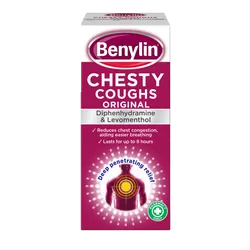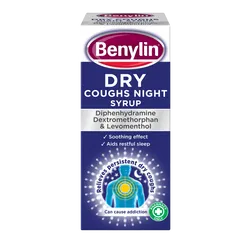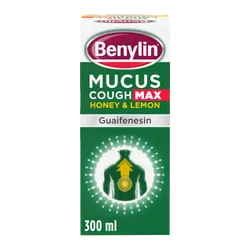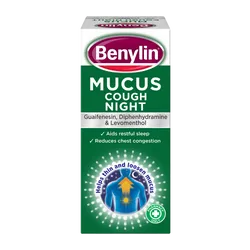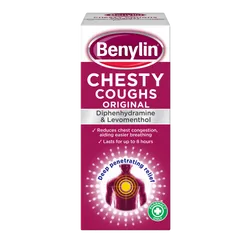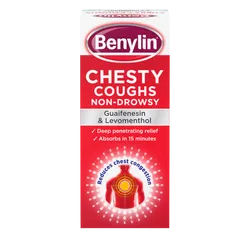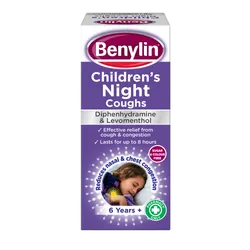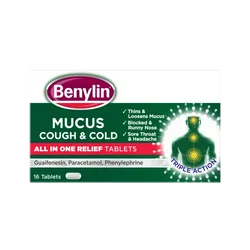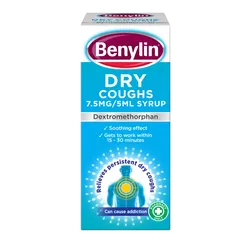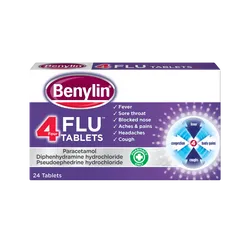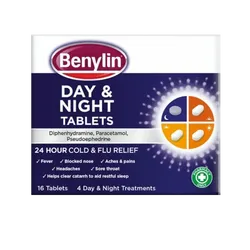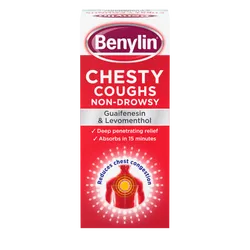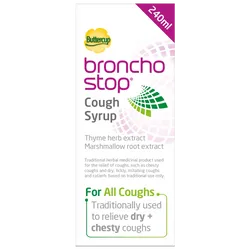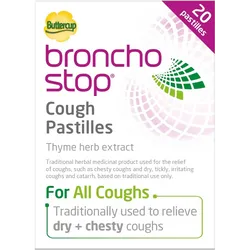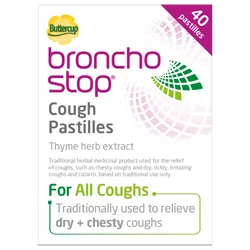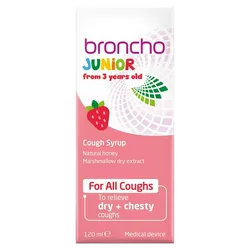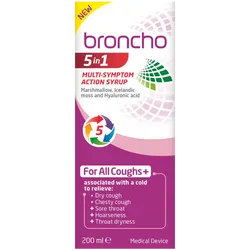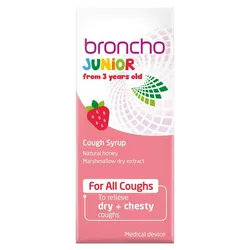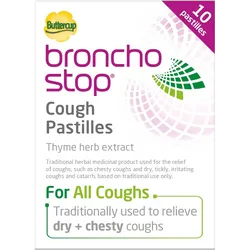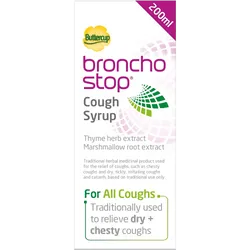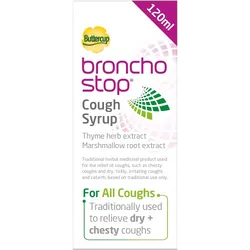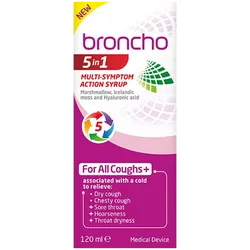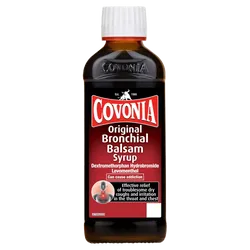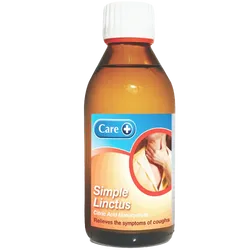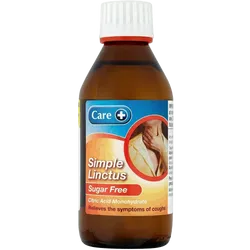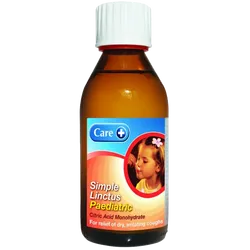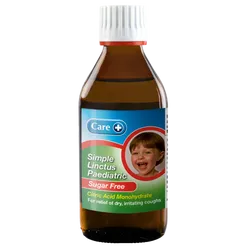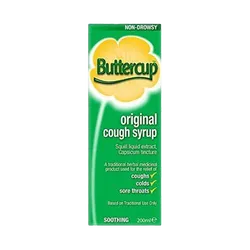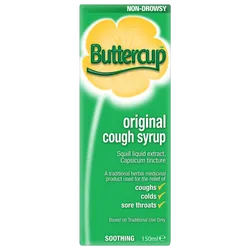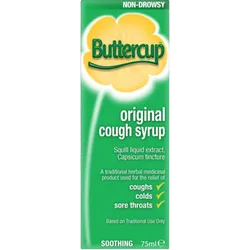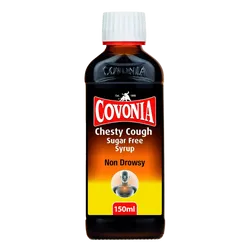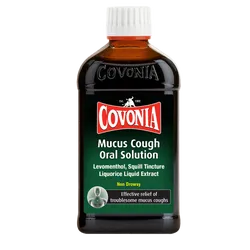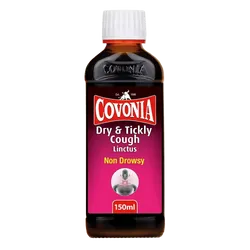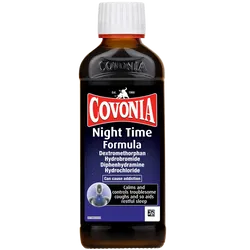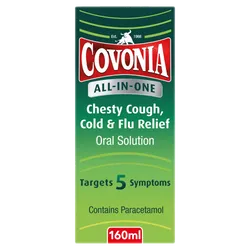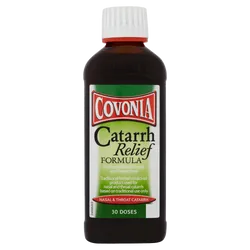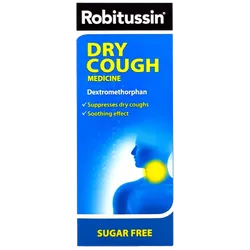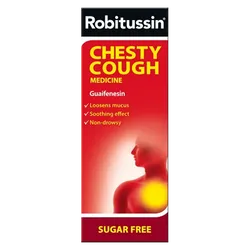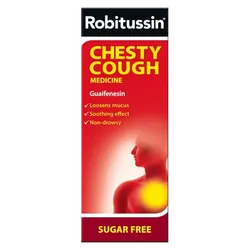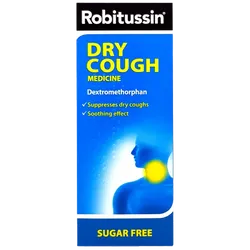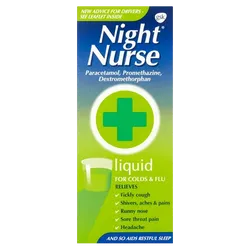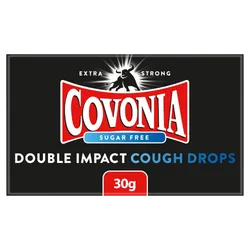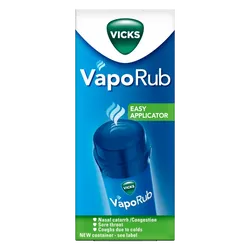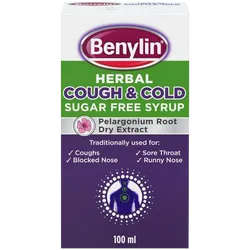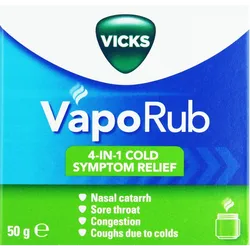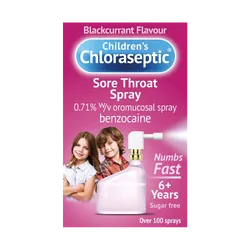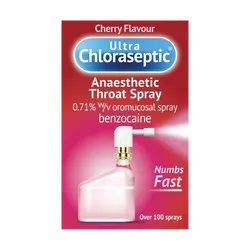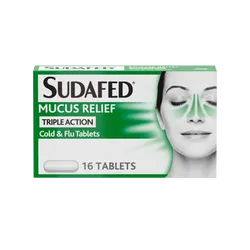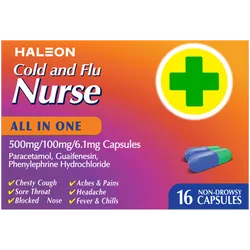A cough can be disruptive, irritating, and often a sign that your body is fighting off an infection. But whether it’s a persistent tickle in your throat or a heavy feeling in your chest, finding the right way to treat it can make all the difference. As a trusted family-run pharmacy, we're here to provide professional advice on how to treat your cough effectively so you can get back to feeling like yourself again.
How to Stop a Cough
The key to stopping a cough is understanding its type. Different coughs require different treatments. Here’s a breakdown of common cough types and our pharmacist-recommended tips for relief.
| Cough Type | Key Symptom | What to Look For |
|---|---|---|
| Tickly | Irritation, no phlegm | Soothing lozenges, honey, steam |
| Dry | Persistent, unproductive | Suppressants (Dextromethorphan), humidifiers |
| Chesty | Mucus, phlegm | Expectorants (Guaifenesin), warm fluids |
How to Stop a Tickly Cough Instantly
A tickly cough is often an irritating sensation caused by a throat irritation, a cold, or allergies. It’s an unproductive cough that doesn’t produce mucus. To soothe the irritation and calm the cough reflex, try these quick-acting remedies:
- Throat Lozenges: Sucking on a lozenge or pastille can increase saliva production, which helps to coat and soothe your irritated throat.
- Warm Drinks with Honey: A simple, warm drink with honey and lemon is a classic remedy. Honey acts as a demulcent, coating the throat and providing immediate, temporary relief.
- Steam Inhalation: Inhaling steam from a bowl of hot water or a hot shower can help to moisturise your airways, easing the tickly feeling.
Pharmacist Recommended Products for a Tickly Cough:
How to Stop a Dry Cough
A dry cough can be persistent and exhausting. It's often caused by viral infections, and the goal is to calm the cough reflex to give your throat a chance to heal. In addition to the tips for a tickly cough, consider these options:
- Cough Suppressants: Over-the-counter suppressants containing ingredients like Dextromethorphan can help by acting on the part of the brain that triggers the cough reflex.
- Humidifiers: Using a humidifier in your bedroom at night can help add moisture to the air, which soothes dry airways and can reduce night-time coughing.
- Hydration: Keeping well-hydrated is crucial. Drinking plenty of water helps keep your throat moist and can reduce the severity of the cough.
Pharmacist Recommended Products for a Dry Cough:
How to Loosen a Dry Cough
While some coughs remain dry, others can transition into a chesty cough. Sometimes, encouraging this transition with targeted remedies can help. The best way to loosen a dry cough is by staying hydrated and using steam inhalation to help thin any mucus that may be developing.
How to Treat a Chesty or Wet Cough
A chesty cough, also known as a productive cough, is your body's natural way of expelling mucus. Your goal here is to help your body clear the chest, not suppress the cough itself. Try these methods:
- Expectorants: Medicines containing an expectorant like Guaifenesin work by thinning and loosening the mucus in your chest, making it easier to cough up and clear your airways.
- Warm Fluids: Drinking warm liquids like tea or soup can help to soothe your throat and thin out thick phlegm, making it easier to cough out.
- Steam Therapy: Similar to a dry cough, steam helps to loosen mucus. You can use a steam inhaler or simply breathe in the steam from a hot bowl of water.
You can read more about chesty cough remedies here.
Pharmacist Recommended Products for a Chesty Cough:
- Benylin Chesty Coughs Non-Drowsy
- Covonia Chesty Cough Mixture Mentholated
- Robitussin Chesty Cough Medicine
If your cough is causing you discomfort, is lasting longer than a few weeks, or is accompanied by other symptoms like a fever or shortness of breath, you should always speak to your GP or a pharmacist for advice. See more information on the best cough medicines in our guide.
At Weldricks Pharmacy, we are dedicated to providing accessible, professional healthcare. With a 4.9/5 Trustpilot rating from over 85,000 customers, we're here to support you with trustworthy advice and convenient services like free UK delivery over £40, discreet packaging, and click & collect.

